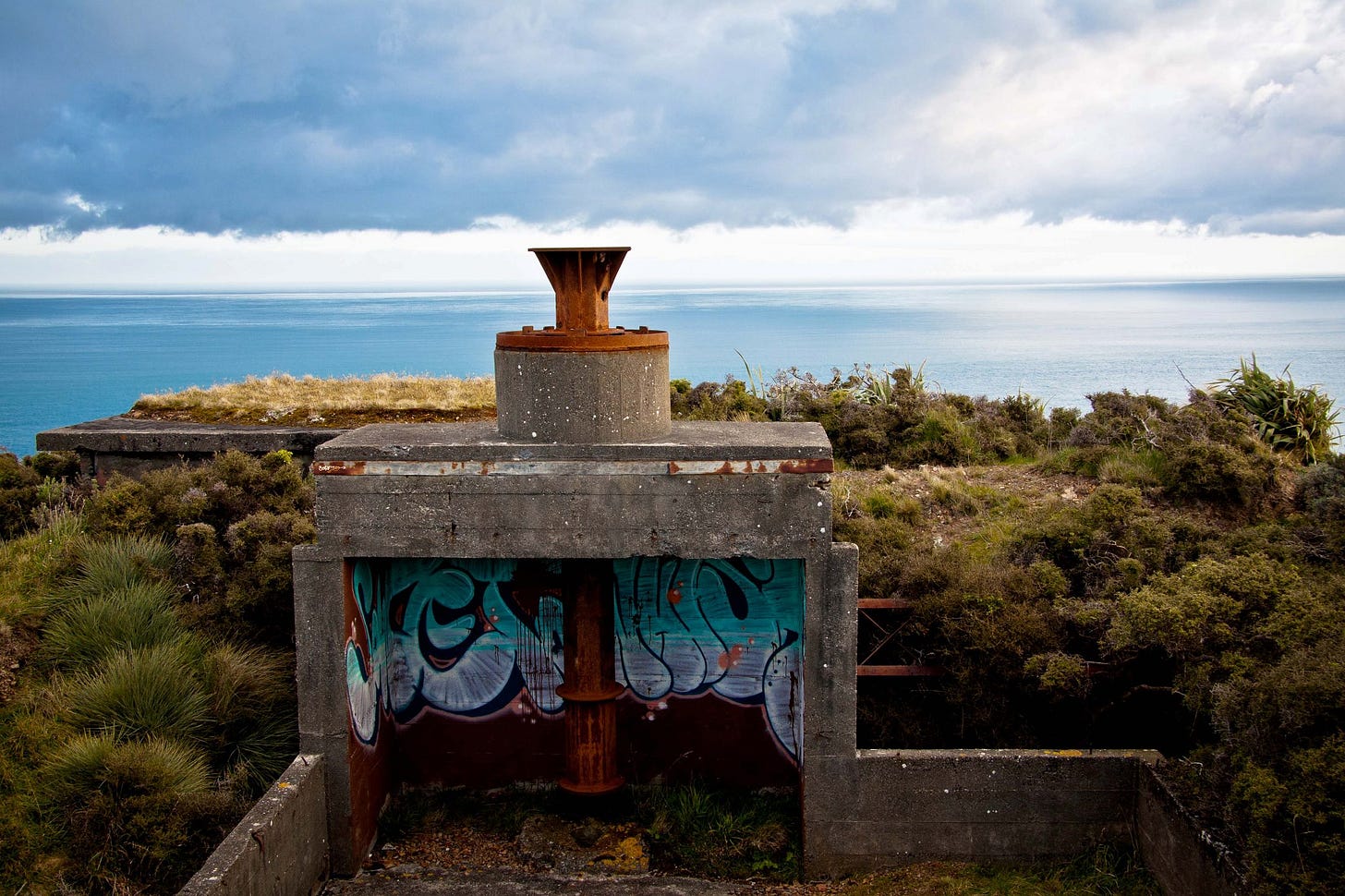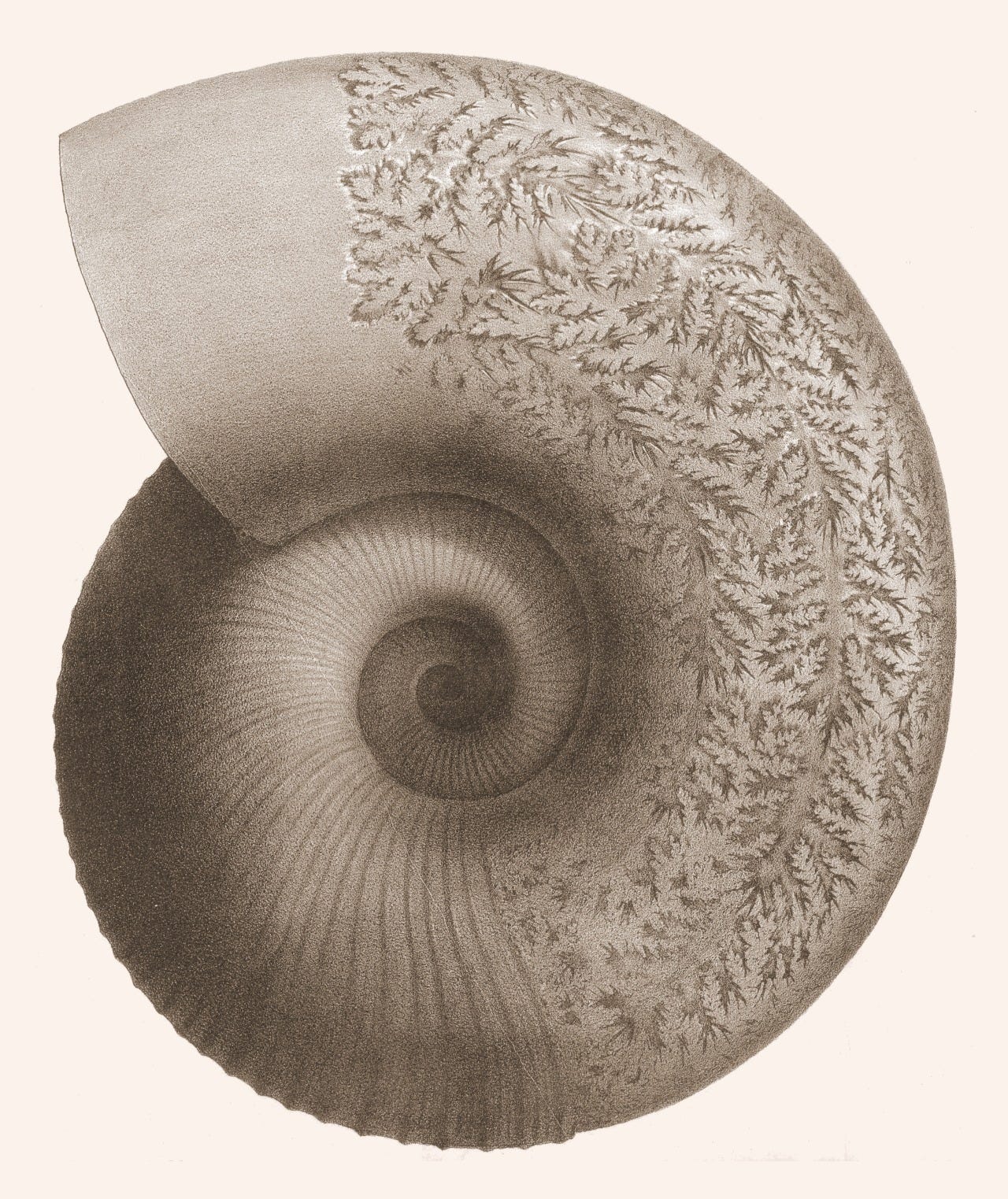Terry Eagleton, in The London Review of Books: “Unlike most realists, Marx does not see art as precious because it reflects reality. On the contrary, it is most relevant to humanity when it is an end in itself. Art is a critique of instrumental reason…
In its free, harmonious expression of human powers, art is a prototype of what it is to live well. It is radical not so much because of what it says as because of what it is. It is an image of non-alienated labour in a world in which men and women fail to recognise themselves in what they create…
If artistic work is a scandal to the status quo, it is not because it champions the proletariat but because to live abundantly in this way isn’t possible under capitalism. Art prefigures a future in which human energies can exist simply for their own delight.”1
Winter night. Wearing a coat, eating an icecream,2 looking in through the big plate glass windows of the Salvation Army café at the brass band practising. Ranks of backs, and then side-on to me, a row of six tubas in slightly varying shades of gold (brass, that is).3
(I’d wondered about this new café, but now I see it’s a Salvation Army trap. Away, away with rum, by gum! But I guess coffee’s not a drug, in their cosmology.)
The music swells: it sounds like the opening of a film. The conductor whisks his baton in tight little figure eights like a sparkler then— cut! He speaks to his troops, admonishing or coaxing, I can’t tell. Then— again the swell— emotion, rising! Then— cut! All they are working on is the first few bars.
(We never eat cookies, because they have yeast, and one little bite turns a man to a beast. Can you imagine a sadder disgrace, than a man in the gutter with crumbs on his face…)
Eating icecream in Winter is better in some ways, because of the perversity— a Summer-day-thing on a Winter night4— and because it doesn’t melt so fast. There’s a weird pleasure in the layering of cold face, warm coat, cold icecream, warm light. Standing alone in the dark street looking into the room’s lit bubble, like a shadow box. No, no, they can’t take that away from me.
Manners Street, the bottleneck before Willis. Buses run both ways: sliding yellow walls with embedded human faces. Four tween girls stand in a row on the very edge of the curb, waiting for a gap to cross.5 HONK! An approaching bus driver briefly blasts his horn and they all leap back, terrified. “FUCK!”
”HOLY SHIT!”
They are outraged but also a tiny bit thrilled. They think it’s unfair because they weren’t like standing on the actual ROAD or anything, but the jump-scare has made their hearts pound, and that’s kind of fun.
There’s snow now, but is there enough snow?
It’s cold, but is it cold enough? Why are the plants so confused?
The hottest days in 100.000 years, they say.
(Don’t look. There’s nothing you can do.)
Winter in the Palaeo-end-times. Or is it the Meso-end-times by now?
Everyone looks so worried.
I’m just an animal, looking for a home.6
There are words, but are they the right words?
There’s money, but is it enough money to keep the wolf from the door?
I feel sorry for the people who didn’t know precarity before. They’re so surprised and confused.
A sparrow beating her wings against the window, level with the right side of my heart, trying to eat a fly that’s inside the glass. Narrow the way and strait the gate.
Arihia Latham’s poetry book launch: Birdspeak, at Unity. (I’d seen her read at Solstice, on the beach under the stars.) Oratory, taonga pūoro, raw fish salad7 in small bent-wood boat-bowls, Kāi Tahu poets speaking myth, electrifying haka; a roomful of Southern magicians, adorned, beautiful and proud.
A baby in a deep red moss-stitch jacket is just beside me, on its Mother’s back, watching the speech with big blue eyes. Around nine months old, maybe. Its eyes meet mine and it gestures to the orator and his rākau kōrero with its little starfish hand: Look.
Right at the end of the evening, I say to Marion that I’m jealous of poets: their bravery, their emotional nakedness.
She says that she’s jealous of their brevity, their succinctness— so few just right words.
I say that I used to obsessively write haiku back in the day.
Marion: “Why don’t you any more?”
Me: “Because I’m on an essay-jag now.”8
Marion: “Why not both?”
(My peak haiku phase was when text messages were 150 characters. A long-obsolete classical-technological sync-up. They cost 50 cents to send: every word weighed in currency.)
On the bus home, I try9:
That modern feeling:
Star Wars, walls crushing trash, dark
Water, tentacles
—and—
Imagine it, warm
Inviolate red chamber
Tumour, rising dough
Looking back down at my London Review of Books and out of nowhere there is a small ladybird on the page. I put it out the bathroom window. I can’t remember the last time I saw a ladybird. Bright red and glossy like enamel paint. Little clockwork being.10
My emphases.
Duck Island: salted caramel cacao, and orange blossom chocolate chip.
Later I found out why: the National Brass Band Championships were coming up.
https://www.rnz.co.nz/concert/programmes/three-to-seven/audio/2018897591/there-is-no-sound-like-it-in-the-entire-world
Whatever, I do what I want!
It’s school holidays. Children everywhere.
Handed to me on a silver tray by a bright-eyed girl in a red dress. It reminds me of my Mum: one of her signature dishes.
It’s hard! It’s dry! As always, I go for the most difficult form. (Trying to find that sweet flow-spot between challenge and terror.)
Night-brain feels like mud, compared to the lucid water of morning-brain.
(Accidental haiku. Once you get that five-seven-five-sight going, you see the form everywhere.)
Ladybird returns
Glossy red enamel paint
Little clock-being







Hey real nice rhythms here. So gentle. I can follow big jumps and never feel rushed. Yum.